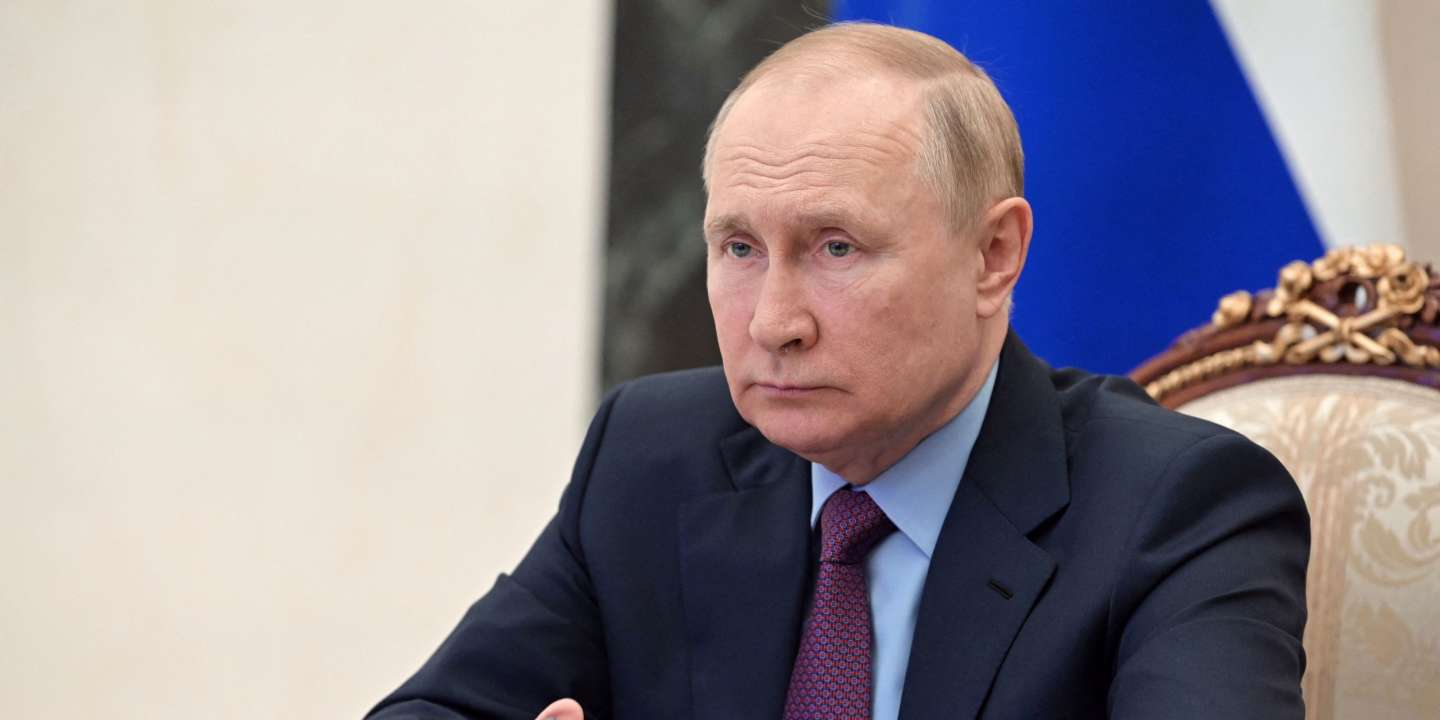-

-
Wikirise.com Advertise with Us HereStats: 4,783 members, 41,615 Posts
Number of Comments : 2,630
Date: Sunday, 24th November 2024
Russia-Ukraine war: Putin blames Europe for energy crisis as price cap divides EU
By Essang Michael - October 13, 2022 | Categories: World Tags: Foreign
Share this post:

Russia’s president Vladimir Putin has laid all the blame on Europe for its current energy crisis, saying policies by EU states have starved the industry of investment.
His proclamation comes as EU states struggled on Wednesday, October 12 to agree on a gas price cap to offset its impact on consumers.
European Union nations are seeking to wean themselves off a reliance on Russian energy in response to the invasion of Ukraine in February.
Also worries about the security of energy supplies to Europe increased when a leak in Poland on the Druzhba pipeline from Russia reduced the flow of oil to Germany but Poland blamed the leak on an accident.
The Nord Stream gas link to Germany is now out of action after a leak last month that both Russia and the West have blamed on sabotage, without identifying who was behind it.
Germany froze the Nord Stream 2 project days before Russia sent troops into Ukraine and a German government spokesperson on Wednesday ruled out taking gas via that route.
The impact of efforts to use less Russian energy, plus steep cuts in supplies from Russia, have been felt across the 27-nation EU, with gas prices almost 90% higher than a year ago and fears of rationing and power cuts over the coming winter.
Also on Wednesday, President Putin said leaks in the two Nord Stream pipelines running under the Baltic Sea were an “act of international terrorism” to deprive people of cheap energy.
Putin said gas could still be supplied by one intact part of the Nord Stream 2 pipeline but it was up to the EU whether or not it wanted the gas.
Putin also raised the idea of creating an alternative European gas hub via Turkey.
“We could move the lost volumes along the Nord Streams along the bottom of the Baltic Sea to the Black Sea region and thus make the main routes for the supply of our fuel, our natural gas to Europe through Turkey,” Putin told an energy forum in Russia.
Putin said Moscow was not to blame for Europe’s sky-high energy prices and pointed at the EU’s green energy drive, saying it led to underinvestment in the global oil and gas industry.